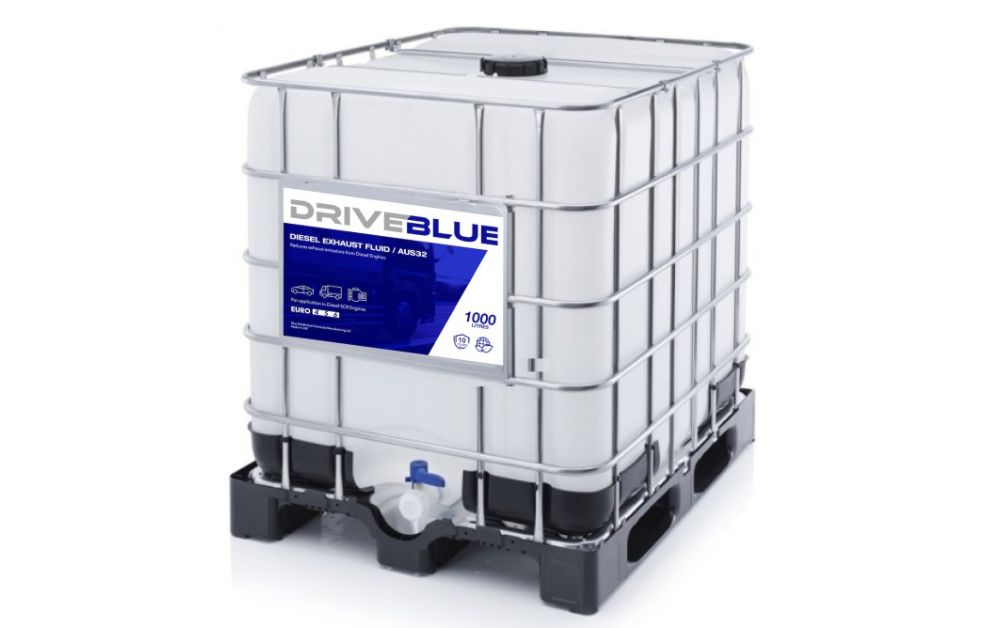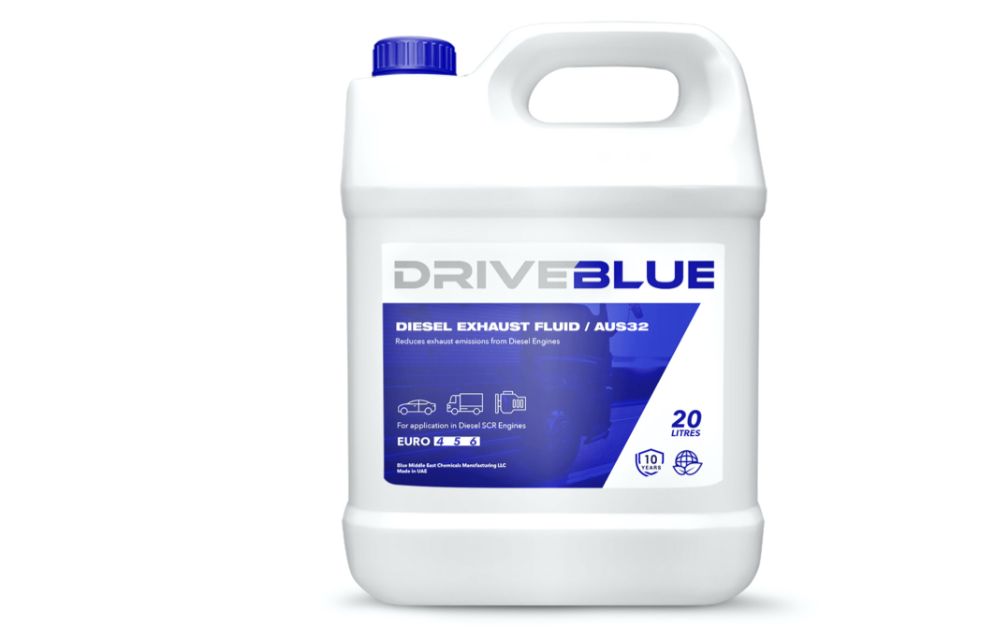With the increasing demand for cleaner emissions from diesel-powered vehicles, AdBlue DEF (Diesel Exhaust Fluid) has become an essential component in modern diesel engines. It plays a vital role in reducing harmful nitrogen oxide (NOx) emissions, helping vehicles comply with stringent environmental regulations. But what happens when your vehicle runs out of AdBlue DEF?
In this blog, we’ll explore the consequences of running out of AdBlue DEF, how it affects your vehicle, and what drivers and fleet operators should do to avoid such a situation.

What Is AdBlue DEF?
Before diving into the consequences, it’s essential to understand what AdBlue DEF actually is. AdBlue is a high-purity, non-toxic solution made up of 32.5% urea and 67.5% deionized water. It is used in diesel engines equipped with a Selective Catalytic Reduction (SCR) system.
When AdBlue DEF is injected into the exhaust system, it converts harmful nitrogen oxide (NOx) emissions into harmless nitrogen and water vapor through a chemical reaction. This significantly lowers the vehicle’s emissions and helps it meet environmental standards like Euro 6 in Europe or BS-VI in India.
What Happens When AdBlue Runs Out?
If your vehicle’s AdBlue DEF level becomes critically low, several things will happen in stages, depending on the make and model of your vehicle. Here’s a step-by-step breakdown:
1. Warning Lights Will Appear
Modern diesel vehicles are equipped with sensors that continuously monitor the AdBlue DEF level. When the fluid level drops below a certain threshold, a warning light or message will appear on your dashboard. This warning is usually accompanied by an alert such as “AdBlue Range: X km” or “Refill AdBlue.”
These warnings typically start when there’s enough fluid left to drive for a few hundred kilometers, giving you ample time to refill.
2. Power Restrictions (In Some Vehicles)
In some cases, especially in commercial trucks and buses, if the driver ignores the low-level warnings, the vehicle may go into a “limp mode.” This mode restricts engine power to encourage immediate refilling of the AdBlue DEF tank.
This isn’t just an inconvenience—it’s a designed feature to prevent excess NOx emissions and to keep the vehicle in compliance with environmental laws.
3. Engine Won’t Restart
The most critical stage occurs when you continue driving without refilling the AdBlue DEF tank. Once the fluid is entirely depleted, the vehicle will not allow the engine to start again after it is turned off.
This is not a mechanical failure but a compliance feature designed to prevent illegal levels of NOx emissions. While this may seem frustrating, it emphasizes how vital AdBlue DEF is in the operation of SCR-equipped diesel engines.
How to Avoid Running Out of AdBlue DEF
To prevent getting stuck with a non-starting engine, here are a few best practices:
1. Monitor Dashboard Warnings
Always pay attention to dashboard alerts related to AdBlue DEF. They are there for a reason and give you ample time to top up the fluid.
2. Know Your Vehicle’s Consumption
AdBlue consumption varies based on vehicle type and driving style. On average, AdBlue DEF consumption is about 3–5% of diesel fuel consumption. For instance, if you burn 100 liters of diesel, your vehicle may consume 3 to 5 liters of AdBlue.
3. Top Up Regularly
Make it a habit to top up your AdBlue DEF during routine refueling stops, especially if you’re preparing for a long trip or managing a fleet. AdBlue is typically added through a separate filler cap located near the diesel filler or under the hood.
4. Use High-Quality AdBlue
Using low-quality or contaminated AdBlue can damage your vehicle’s SCR system. Always ensure you buy from trusted suppliers and store it properly in a cool, dry place away from direct sunlight.
What to Do If You Run Out?
If your vehicle won’t start due to an empty AdBlue DEF tank:
- Refill the tank with the correct amount of high-quality AdBlue.
- In most vehicles, the engine will recognize the refill after a few minutes and allow you to restart.
- In some cases, you might need to cycle the ignition or drive a short distance for the system to reset.
However, if the system doesn’t recognize the refill, a diagnostic reset by a service technician may be required.
Legal and Environmental Consequences
Running out of AdBlue DEF not only causes operational problems but could also have legal implications in regions with strict emissions standards. Driving a diesel vehicle without functional SCR can lead to fines, inspection failures, or invalidation of warranties and insurance policies.
Furthermore, diesel engines without AdBlue DEF produce significantly higher levels of nitrogen oxides, which contribute to smog, acid rain, and respiratory problems. Using AdBlue is not just about compliance—it’s about responsibility toward cleaner air and a healthier planet.

Conclusion: Count on Blue Middle East for Reliable AdBlue DEF Supply
To ensure your diesel vehicles always operate smoothly and in compliance with emission standards, sourcing high-quality AdBlue DEF is essential. That’s where Blue Middle East comes in.
Blue Middle East is a trusted leader in the supply of premium-grade AdBlue DEF, adhering to the highest international standards. Whether you’re managing a commercial fleet or driving a private diesel vehicle, Blue Middle East guarantees purity, consistency, and on-time delivery across the region. Choose Blue Middle East—because when it comes to emissions, there’s no room for compromise.
